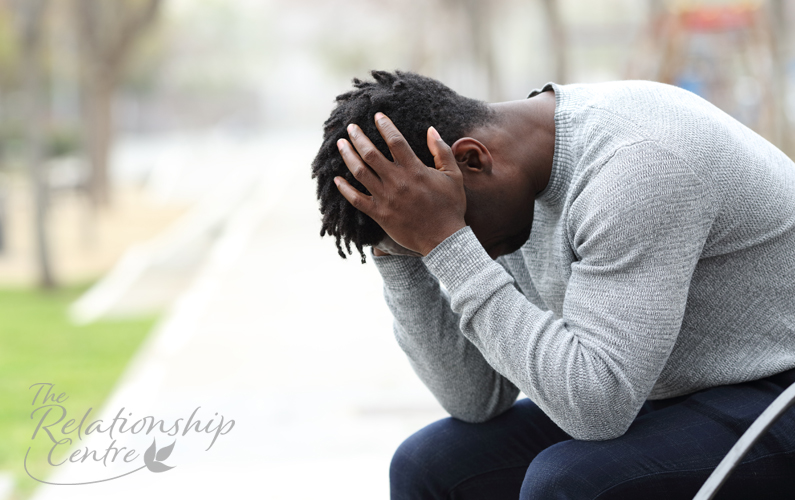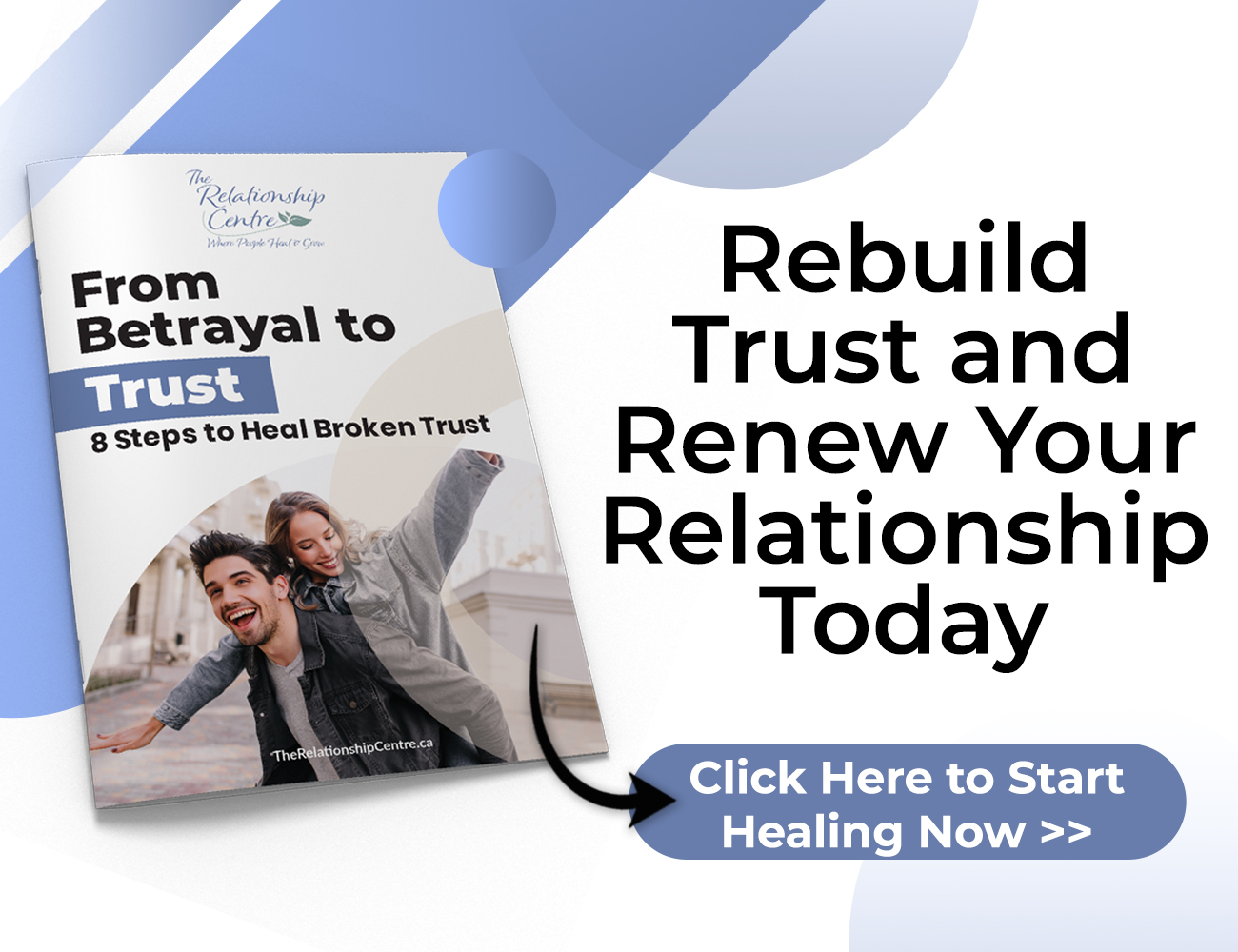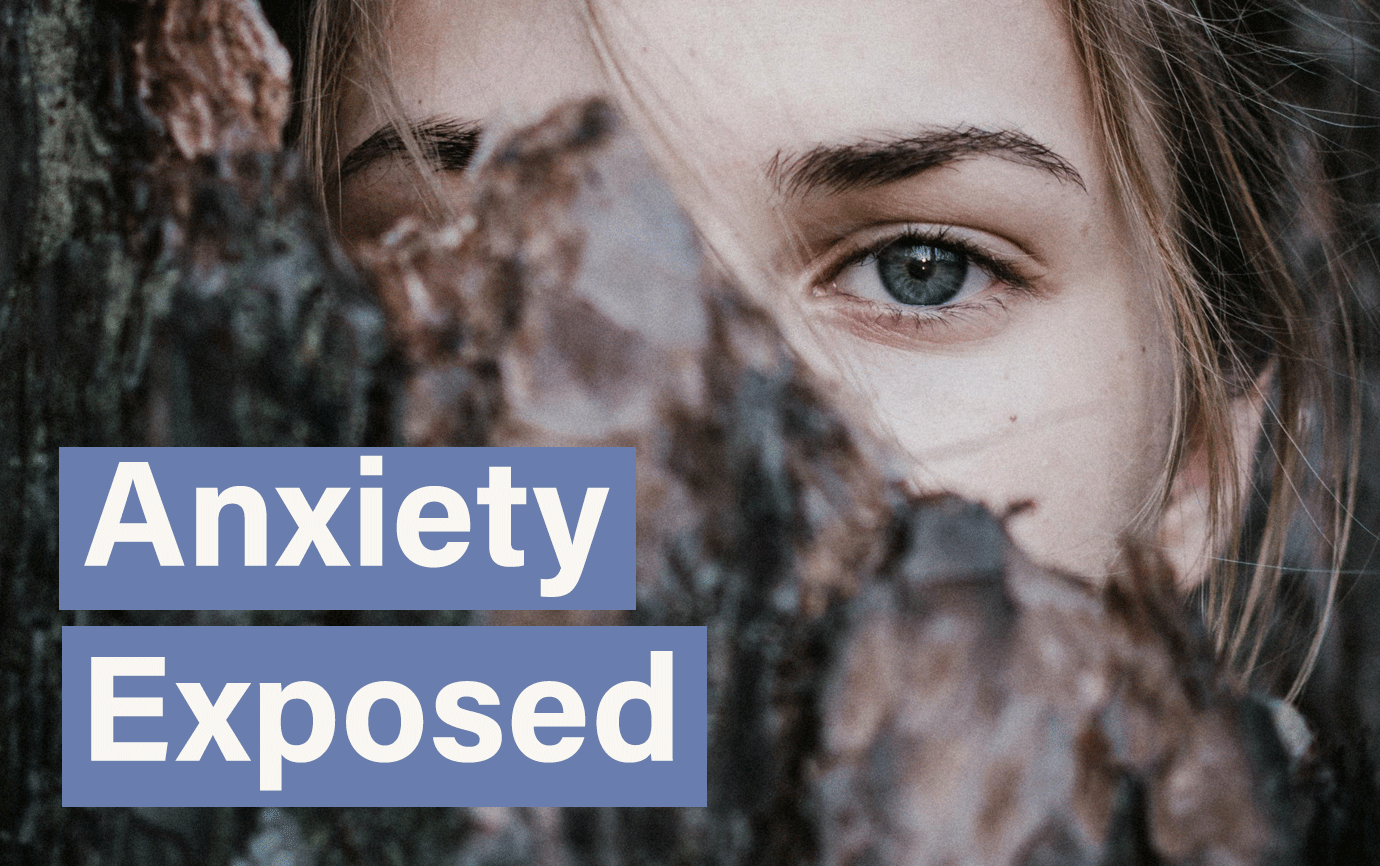We tend to view depression and anxiety as separate from each other, and rightfully so. After all, anxiety and depressive disorders can have some profound and fundamental differences. In his “Psychology Today” article entitled Anxiety and Depression—First Cousins, At Least (Pt 1 of 5), Leon F. Seltzer Ph.D. shares the following:
“Depressed individuals frequently report feelings of emptiness–of profound sadness or gloom. And whereas anxiety, with its many physiologically arousing features, revs up your engine, depression typically slows it down.”
Seltzer admits there are some noticeable similarities in symptoms of depression and anxiety too. Individuals struggling with their mental health may think they’re depressed when an anxiety disorder is to blame and vice versa. They may also be dealing with depression and anxiety disorders simultaneously.
The Signs of Depression and Anxiety
“Do I have anxiety or depression?” That question is top of mind for individuals who suspect depression or anxiety interferes with their lives. Ultimately, the only sure way to find out is to get help with depression and anxiety from a trained mental health professional.
At the same time, it can be a good starting point to consider the primary symptoms of depression and anxiety side by side. Let’s take a quick look at some typical signs of anxiety and depression.
Common Symptoms of Depression
A variety of symptoms can result from living in the darkness of depression. At the same time, there are often some reoccurring themes.
Here are some to consider:
- Feeling hopeless
- Feelings of worthlessness
- Loss of interest in activities previously enjoyed
- Isolating from others
- Appetite changes (eating too much or too little)
- Difficulty concentrating
- Trouble with decision-making
- Too much sleep or not enough
- General body aches, headaches, or backaches
- Isolating from others
- Fatigue
- Thinking about death, having suicidal thoughts or attempts
Common Symptoms of Anxiety
- Trouble concentrating due to anxious or racing thoughts
- Inability to stop thinking about problems (constant ruminating)
- Desire to get out of your current situation
- Thinking of death due to perceived threats or dangers
- Difficulty staying or falling asleep due to anxious thoughts
- Muscle tension, increased sweating/trembling/heart rate
- A strong urge to isolate from others
- Fatigue
As you can see from these symptoms, there tends to be some overlap or similarities between anxiety and depression. But perhaps you noticed that your symptoms match up more with one or the other or even both.
Gender, Depression and Anxiety
We recently explored the differences between men with depression and women with depression on our blog. While women generally tend to appear sadder when depressed, men typically are more agitated and angrier.
Especially in men, depression can look like an anxiety disorder. This is yet another nuance mental health professionals need to consider when diagnosing someone with a depressive or anxiety disorder.
Having Anxiety and Depression at the Same Time
Is it depression or anxiety? Sometimes, the answer is both! A dual diagnosis isn’t too surprising when you think about it. Constantly living under anxiety’s weight can make you feel depressed. Likewise, regularly feeling depressed can lead to anxiety.
Each disorder makes peoples’ lives exponentially more challenging, leading to the increased likelihood of an additional mental health disorder. Some studies show the chances for a dual diagnosis of depression and anxiety are as high as 60%.
Coping With Anxiety and Depression
Dealing with depression and anxiety can become a hope-filled journey, even if that’s difficult to imagine right now. Living with depression and anxiety often becomes more manageable as additional coping strategies are found. And that success formula will be a little different for each person.
Here are a few things that can help:
Improving Your Health: It can’t be overstated that proper rest, nutrition, and exercise are vital when fighting anxiety and depression. The challenge is that when you’re anxious or depressed, you tend to struggle with taking good care of yourself. If you can improve your physical health, you’ll also improve your mental health.
Replacing Unhelpful Thoughts: To say that anxiety and depression are caused only by unhelpful or self-defeating thoughts would be oversimplifying the matter. Mental health disorders result from a complex group of factors, after all. At the same time, identifying unhelpful thoughts and replacing them with helpful ones can drastically improve your condition over time. A therapist can help you work through this process, making those helpful thoughts more of a habit. Not surprisingly, this process decreases anxiety and depression symptoms.
Spend Time with Others: Because anxiety and depression cause a greater urge to isolate, make a point to counteract those urges. Often with depression and anxiety, what we least want is what we most need. Socializing doesn’t have to involve large crowds. Call up an old friend, visit a new store or take a walk at a local park, for instance. Just getting out among other people in relaxed settings will likely boost your mood.
Find New Ways to Relax: Discover what helps you relax better. Don’t be too hard on yourself because this takes time to learn. Relaxation for you might include meditation, deep breathing, or a warm bubble bath. You may also discover a hobby that relaxes you and helps you get your mind off your depression or anxiety. If you find several effective ways to stay calm, you can use these activities when you have a tough time mentally.
Depression and Anxiety: Therapy Can Help
As you can see, diagnosing depression and anxiety isn’t as straightforward as some imagine. There definitely are similarities between the disorders. Primarily because of this, it’s wise to reach out to a mental health professional in your area if you’re having trouble with anxiety, depression, or both.
The Relationship Centre can assist you with therapy for depression and anxiety if you’re struggling. Please get in touch if you’d like to learn more about our anxiety and depression counselling services. You’re also welcome to schedule an appointment with us.














